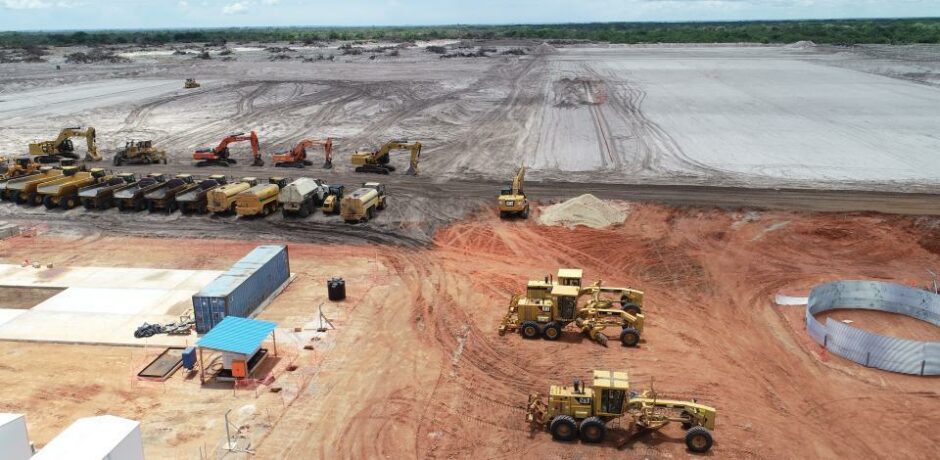
In a recent judicial review decision, two judges in an English court considered an application by Friends of the Earth (FoE) to quash UK Export Finance’s (UKEF) decision to provide export finance to the Mozambique LNG Project.
The application failed following a split judgment, although the Court has granted FoE permission to appeal.
In considering the application, the Court considered the legal implications of the Paris Agreement to UKEF’s decision. In particular, the implications of Article 2.1(c) of the Paris Agreement. This, in the context of sustainable development and efforts to eradicate poverty, aims to make finance flows consistent with a pathway towards low greenhouse gas emissions.
Background
In 2019, UKEF was approached to participate in the Mozambique LNG Project. UKEF decided that climate change impacts and consideration of the Paris Agreement should be taken into account in deciding whether to support the project.
UKEF prepared a Climate Change Report (CCR) which considered the potential greenhouse gas (GHG) emissions of the project.
One element of GHG emissions is indirect emissions including the use of sold products known as Scope 3. Although it took advice on potential emissions, UKEF did not conduct an assessment to quantify total Scope 3 emissions for the project.
UKEF submitted a recommendation to underwrite financial support to the project supported by the CCR.
The Treasury consented to UKEF’s recommendation and the Chief Executive of UKEF approved the support package. FoE applied to judicially review UKEF’s decision.
The Court’s decision
Judicial review is a mechanism to correct unlawful conduct on the part of public authorities. It is not concerned with the merits of a decision, only its lawfulness. Key is the duty of a public body to carry out sufficient enquiry prior to making its decision.
Lord Justice Stuart-Smith noted that FoE’s main point in this case was that the CCR was inadequate as it did not fully quantify the GHG emissions that would be generated by the project.
However, he dismissed FoE’s claim for the following reasons:
• UKEF’s decision would have no material impact on emissions generated by the project, which was to be developed in any event,
• The decision required a range of judgments to be made across many policy areas. UKEF was entitled to a wide margin of appreciation in deciding what information was required to make its decision,
• There was no legal or policy obligation on UKEF to quantify Scope 3 emissions,
• UKEF’s approach to whether the project was in alignment with Mozambique’s stated climate policies involved recognition of the conflicting aims and aspirations of the Paris Agreement – a pathway to low emissions but in the context of sustainable development and eradication of poverty. UKEF was entitled to form the view that support for the project was in accordance with Mozambique’s obligations under the Paris Agreement.
Mrs Justice Thornton disagreed. She concluded that UKEF:
• failed to discharge its duty of inquiry in relation to the calculation of Scope 3 emissions particularly as it was given advice by its own experts that the failure to quantify Scope 3 emissions undermined the credibility of its climate assessment, and that
• the failure to quantify emissions meant that there was no rational basis to demonstrate that funding for the project is consistent with the Paris Agreement.
Comment
This is not the first time that decisions by public authorities have been challenged through judicial review on climate grounds.
However, it is the first challenge to be based on a public authority’s alleged failure to properly consider the implications of the Paris Agreement.
It, therefore, has potential global implication particularly for export credit agencies.
Given the split decision of the Court and the forthcoming appeal, the matter will no doubt be followed closely by participants in the energy sector for guidance as to the legal implications of the Paris Agreement on fossil fuel projects.
Alistair Calvert and John Gilbert are partners in Bracewell’s London office
Recommended for you
